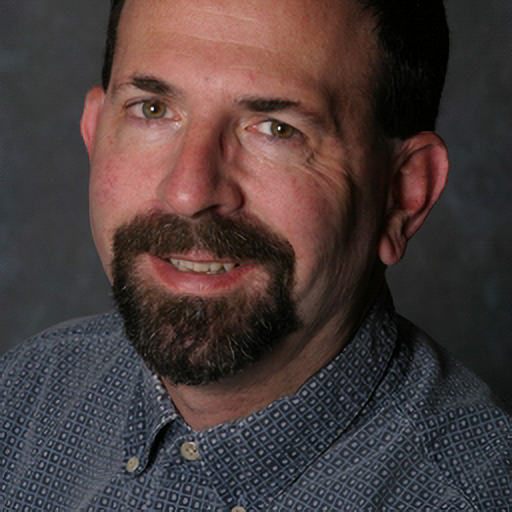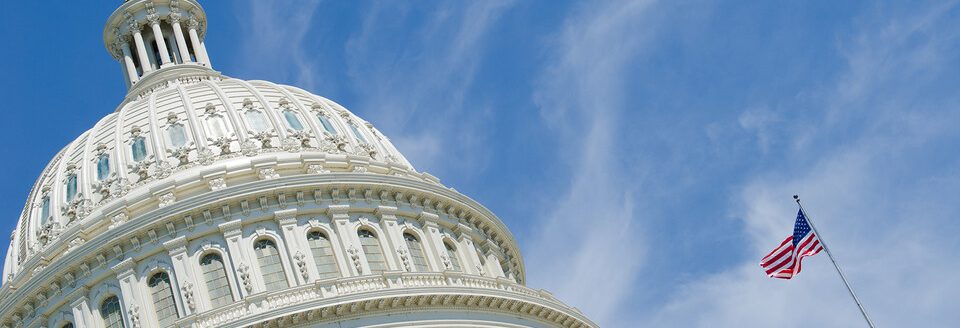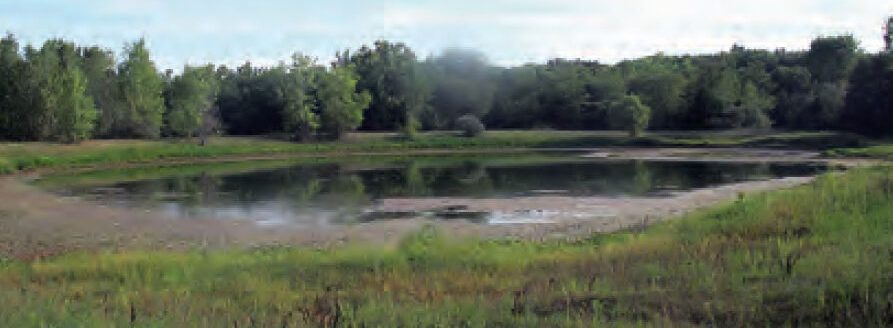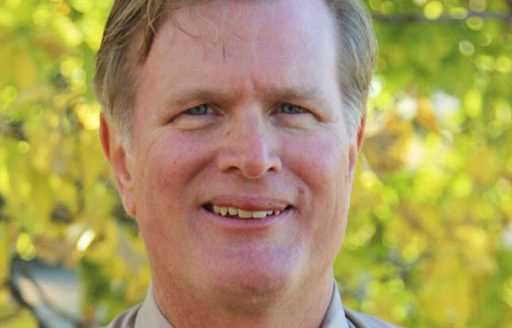Who would have thought the National Pork Producers Council would be arguing a legal case on behalf of San Francisco? Why is the NPPC concerning itself with a case about sewer runoff in San Francisco, San Francisco v. the Environmental Protection Agency?
The answer is because how the U.S. Supreme Court rules on it has major impacts on how farmers and ranchers operate. This case could be a test of how far the court will allow the EPA’s chronic overreaching to go in a post-Chevron-deference world.
The NPPC was one petitioner that recently argued before the U.S. Supreme Court as part of a broad coalition of mining companies, small businesses, manufacturers and the U.S. Chamber of Commerce in defending San Francisco. The case arose because of language the EPA put into a permit it issued to San Francisco. The EPA issues permits to entities that pollute in emergencies—as city sewer systems do when they are overwhelmed by storm events.
The required permit is called a National Pollutant Discharge Elimination System, or NPDES, permit. It lists what can and can’t be discharged into a Water of the United States like the San Francisco Bay. EPA’s permit told San Francisco what specific types and levels of pollutants it could discharge when the system was overwhelmed. However, it added language that prohibited the city from impacting “water quality” generally, even despite the permit. In May, the EPA sued the city in federal court over “its repeated and widespread failures” to operate treatment plants in compliance with the permits, with potential civil penalties of more than $66,000 per day for each violation.
The city argues that this language put San Francisco in a situation where compliance is impossible. To meet this demand would require at least $10 billion in water system improvements that would have to be passed on to rate-payers. It also argues that this kind of “generic language” invites nuisance lawsuits by so-called “citizen activists” employed by special-interest environmental groups.
The facts of this case made the NPPC’s attorneys perk up their ears. Most agricultural runoffs were long ago exempted from having to get NPDES permits because of the importance of agriculture, but the EPA’s vague language in the San Francisco rule looked like an end run around this legal limitation—a dangerous end run that could be applied to agricultural producers. As the NPPC notes, “Activists continue to try to employ creative ways to force livestock producers to obtain a permit—not to protect water quality but to harass farmers though litigation and other attacks.”
NPPC argues that if a producer does need to obtain a permit under the Clean Water Act or any other statute, the express terms of the permit should not be in conflict and impossible for the farmer to be in compliance.
Under the judicial interpretive doctrine of Chevron deference, which the Supreme Court overturned this summer in the Loper Bright case, agencies like the EPA could be a virtual law unto themselves. With Chevron deference, agencies knew that they could “interpret” vague language any way they wished, and the courts would back them. This was a heady temptation to make and impose new laws (“rules”) without Congress.
Chevron deference may be gone, but bureaucratic habits developed over its 40-year reign die hard. We hope the Supreme Court will apply the logic of Loper Bright to this clear case of federal overreach and make agencies live within the legal fences put in place by Congress.
Dave Murray can be reached at [email protected].




